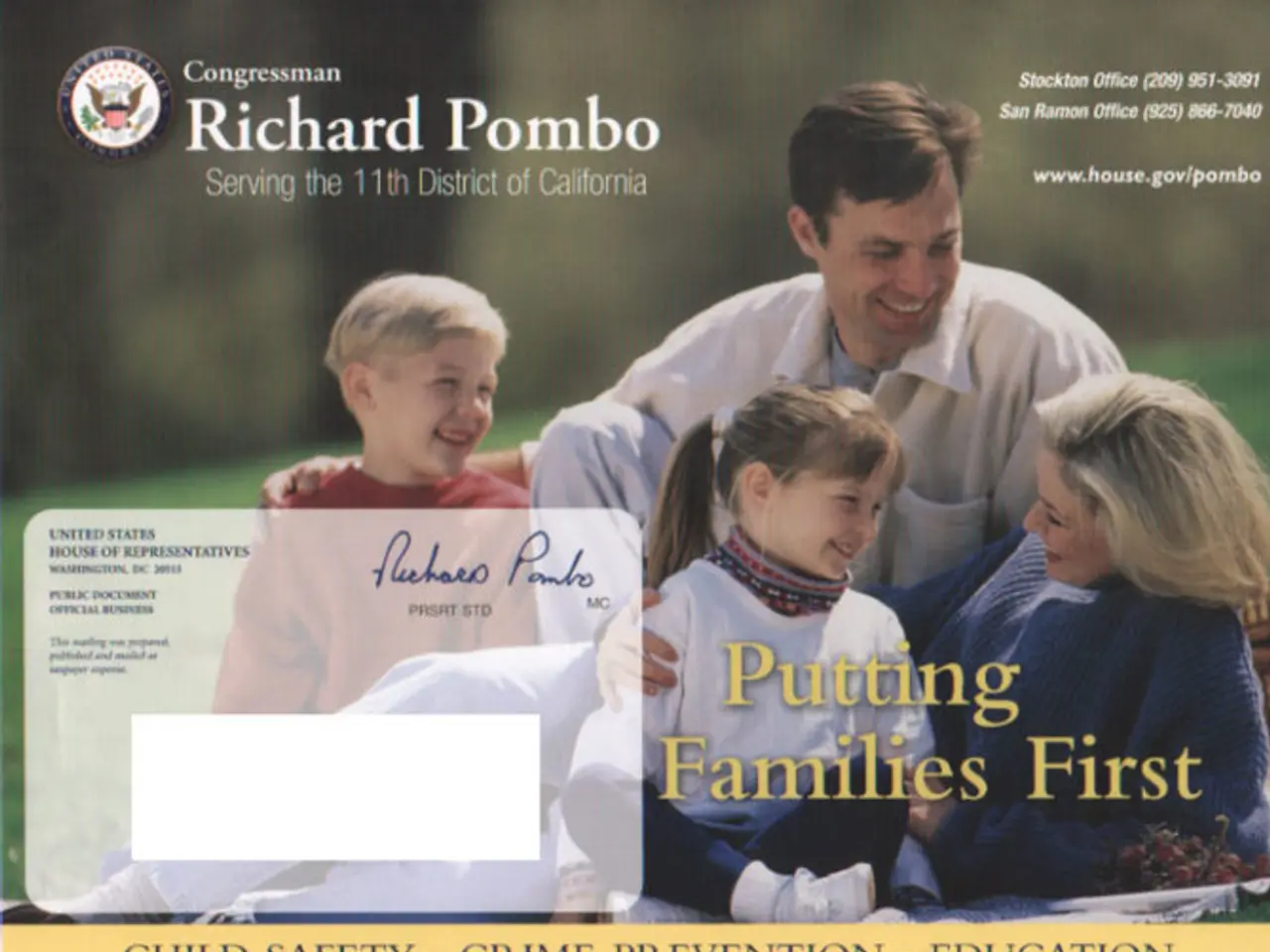Civil Service Adaptation for the 21st Century
The Constitution's appointments clause grants the President the power to appoint and fire officials, a fundamental aspect of executive authority. However, this power has been a subject of debate and controversy in recent years.
Critics argue that career civil servants, who are appointed to serve in the government for long periods, actively seek to undermine the efforts or legitimacy of actions performed by political appointees. This allegation suggests a tension between the political appointees, who are expected to carry out the policies of the current administration, and the career civil servants, who are supposed to maintain the continuity and impartiality of government operations.
One area of contention is the job security of commissioners and other officers of independent agencies. Some of these officials have been protected by law from being fired by the President, leading to disputes over the balance of power between the executive and legislative branches.
Moreover, union contracts, negotiated between government and employee unions, pose a significant obstacle to the President's ability to dismiss obstructive inferior officers. The job security provided by these contracts, coupled with the lobbying influence of unions, can make it challenging for the President to take decisive action against underperforming employees.
The federal civil service is often perceived as inefficient, and the difficulty in dismissing bad performers is a contributing factor to this perception. The complex bureaucracy and job protections for federal employees can make it difficult to implement necessary changes and improvements.
The history of labour unions in the federal government can be traced back to 1962, when President John F. Kennedy issued an executive order allowing federal employees to join labour unions. This move was intended to give federal employees a voice in their working conditions, but it has also been criticised for contributing to the perceived inefficiencies of the federal civil service.
Political parties have also been accused of favouritism in the federal civil service. Republicans have complained for decades that career civil servants are often obstructive to political appointees' attempts to introduce change, while Democrats appear to have more success in navigating the federal bureaucracy.
The existence of a "deep state," an unelected branch of government that allegedly pursues its own ends regardless of election results, is a contentious issue. Some argue that career civil servants, with their long-term tenure and job protections, are part of this deep state, while others dismiss such claims as conspiracy theories.
Restrictions on the President's power to fire officials raise constitutional issues. The balance of power between the President and Congress, as well as the principles of checks and balances, are at the heart of this debate. As the President seeks to enact his policies, the question of whether he has the authority to remove officials who stand in his way remains a significant point of contention.
Read also:
- Trump advocates for the withdrawal of two candidates to create a one-on-one mayoral race between him and Mamdani in New York City
- Voting location now active for citizens to cast their ballots.
- Federal clash in California: two legal cases could potentially align, as a notice is published in the Federal Register
- "Local Democrats in the Bronx offering support for Zohran"








